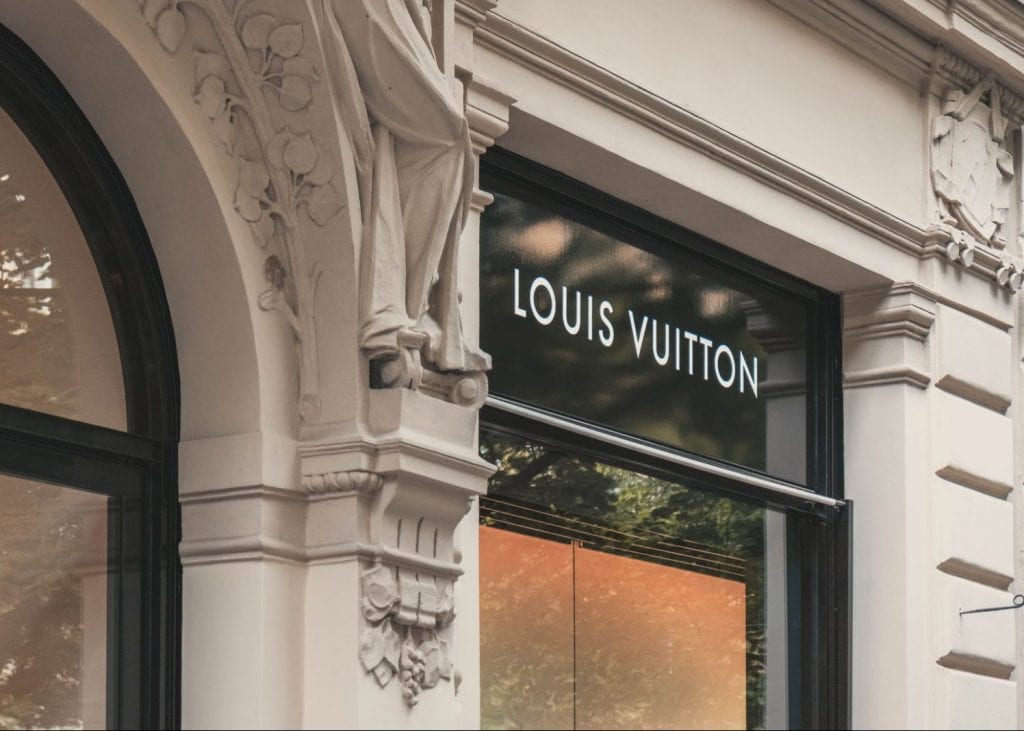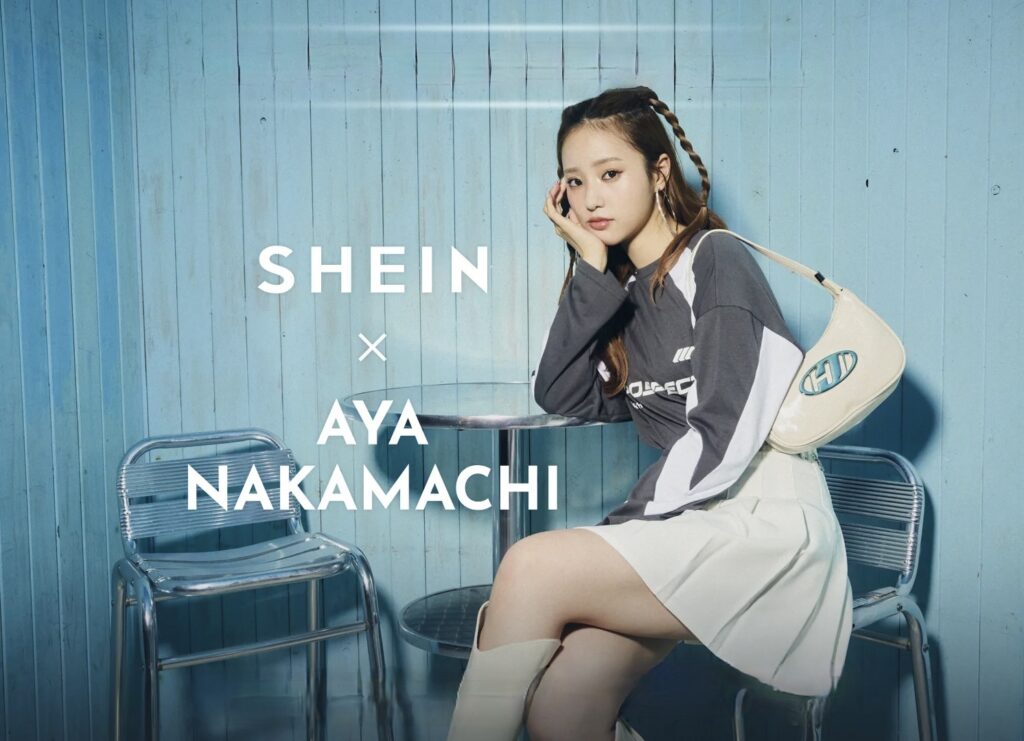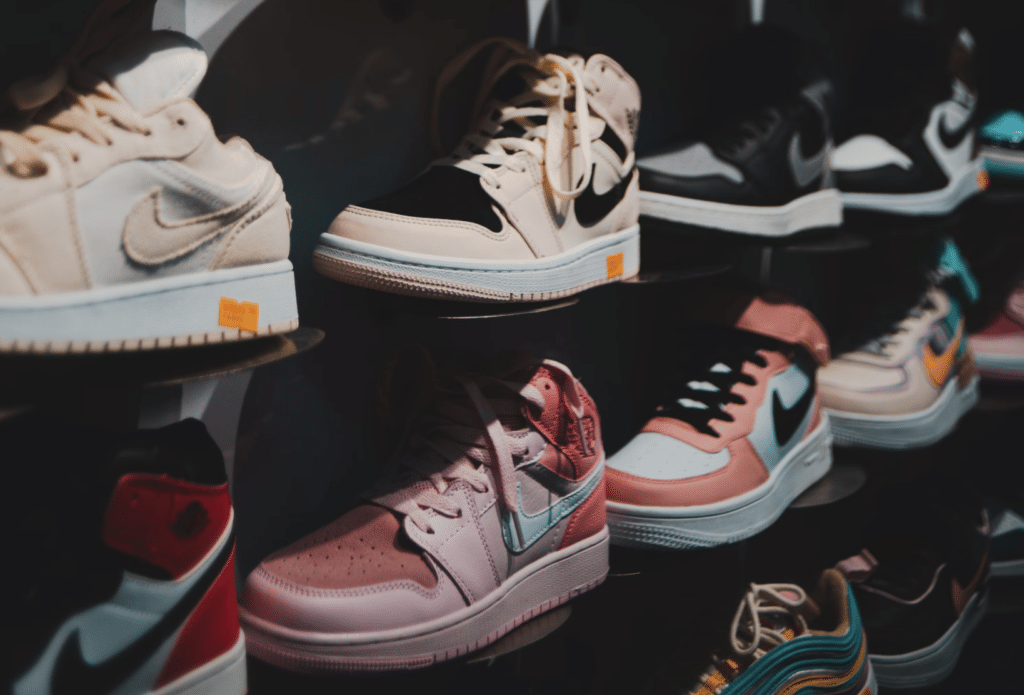LVMH Moet Hennessey Louis Vuitton has lost a high-stakes round in the sexual harassment lawsuit filed against it last spring by its Litigation Counsel and Vice President of Legal Affairs Andowah Newton. Since Newton filed suit against the luxury goods titian in a New York state court in April 2019, the parties have been fighting over the appropriate venue for the case to be handled, with LVMH pushing for the court to compel private arbitration – and remove the case from court – since Newton’s December 2014 employment contract includes a provision stating that “any disputes of any nature between you and [LVMH] will be submitted to binding arbitration.”
The largest luxury goods group in the world, which is parent to Louis Vuitton, Dior, Celine, Givenchy, and Loewe, among many others, was named in the headline-making lawsuit in late April in which Newton alleges that she was exposed to “sexual harassment [in the company’s New York headquarters] at the hands of a senior level management employee … that continued for years,” and that LVMH did very little to remedy it. According to the suit, LVMH tried to “intimidate Ms. Newton into not pursuing her claims and [attempted to] convince [her] that the harassment was just a byproduct of being an attractive woman who works at a company with a French culture, and thus, should simply be tolerated.”
While Newton filed suit in a New York state court, LVMH sought to have the case referred to arbitration, an alternative form of dispute resolution that occurs outside of court in an often completely-confidential capacity, prompting counsel for Newton to accuse LVMH of “doing everything it could to bury” the years of sexual harassment that Newton says she experienced. At the same time, Newton’s counsel argued that LVMH has ignored New York state law (namely, New York Civil Practice Law and Rules § 7515), which prohibits the enforcement of “agreements that force victims of sexual harassment to arbitrate their claims.”
According to LVMH, the New York state law is preempted by the Federal Arbitration Act (“FAA”), thereby, requiring the enforcement of the arbitration clause in Newton’s contract, and compelling the parties to proceed to arbitration. Counsel for Newton argued thereafter that LVMH’s preemption argument should be ignored because “an agreement to arbitrate sexual harassment claims is not a ‘contract evidencing a transaction involving interstate commerce,’” which is what the FAA governs, and thus, falls outside of the scope of the FAA.
In a decision dated July 10, State Supreme Court Justice Louis Nock sided with Newton, stating that LVMH’s “haste in citing the FAA overlooks a key limitation set forth in that very statute; to wit, that it only applies to ‘a transaction involving commerce.’”
According to Justice Nock, “Because claims for sexual harassment, or other discrimination- based claims, cannot reasonably be characterized as claims concerning or ‘arising out of’ ‘a transaction involving commerce,’ and additionally because the instant case involves purely intrastate activity, the FAA cannot reasonably be said to apply to the Arbitration Agreement’s reference to arbitration of sexual harassment or other discrimination-based claims.” Moreover, the arbitration agreement cannot “be reasonably characterized as ‘a contract evidencing a transaction involving commerce,’ particularly insofar as it seeks application to sexual harassment or other discrimination-based claims.”
Against that background, the court held that “we are left with the express and unambiguous provisions of CPLR 7515, which prohibit and nullify clauses mandating arbitration of such claims.”
Even if the foregoing was not the case, the court notes that LVMH’s push for arbitration is “notably inconsistent with … its published ‘Non-Discrimination and Anti-Harassment Policy’ of November 2018, [which includes] a section detailing ‘[a]venues’ in which victims can ‘lodge complaints,’ including the option to ‘file a complaint in state court.” Given that LVMH’s Revised Employee Handbook was distributed and signed by its employees, including Newton, in 2018, “it is the court’s opinion that the parties’ Arbitration Agreement was superseded and replaced by [the] subsequent ‘Non-Discrimination and Anti-Harassment Policy’ and ‘New York Sexual Harassment Prevention Policy,’” as included in the handbook.
With this in mind, the court has denied LVMH’s motion to stay the case and to compel arbitration, a move that would have caused Newton to “lose her right to trial by jury.”
Given the striking/sensitive nature of Newton’s allegations and the consumer-facing foundation of publicly-traded LVMH’s business (and amusingly, the pro-women messaging of many of its brands, such as Dior creative director Maria Grazia Chirui’s consistent, explicit feminist runway show offerings), it is easy to see why the company would want the matter to be handled in a confidential and out-of-court capacity. While the case must now proceed in court, as opposed to arbitration, there is no telling that the parties will not settle the matter out of court before trial and that such a settlement will come with a contingency of confidentiality, as has proven a common occurrence in connection with sexual harassment and retaliation cases in the past.
Newton asserted in her complaint, which cited claims of sexual harassment and retaliation, that she “filed a formal complaint with Human Resources” in early June 2018” after being subjected to “a persistent and invasive campaign” of harassment and physical contact from “a senior level management employee,” only to be discouraged by the company’s general counsel. She further asserted that in response to her complaint, LVMH attempted to “intimidate [her] into not pursuing her claims and [attempted to] convince [her] that the harassment was just a byproduct of being an attractive woman who works at a company with a French culture, and thus, should simply be tolerated.”
After “demanding that an external third party conduct an investigation,” Newton asserted in her filing that “LVMH eventually and reluctantly agreed, but the truncated investigation” – which Newton has called a “sham” – turned out to be “merely an extension of LVMH’s campaign to intimidate [her] into silence amidst allegations that might tarnish its public image.”
A rep for LVMH told TFL on Wednesday, “We are disappointed by the trial court’s recent ruling to deny our motion. We believe that our position is overwhelmingly supported by legal authorities, including multiple opinions from the United States Supreme Court. We intend to appeal this ruling, and we look forward to having the issue reviewed and decided by the state court’s Appellate Division. Further, as we have said previously, the allegations in this matter were thoroughly investigated and are entirely without merit.”
UPDATED (July 23, 2020): In a new filing, counsel for LVMH alerted the court that it “hereby appeals to the Supreme Court of the State of New York, Appellate Division … the Decision and Order dated July 10, 2020 and entered on July 13, 2020 … and from everypart thereof and from the whole thereof.”
UPDATED (Sept. 29, 2020): Court clerk Susanna Molina Rojas entered an order staying “all proceedings pending hearing and determination of [LVMH’s] appeal … on the condition the appeal is perfected for the February 2021 Term.”
*The case is Andowah Newton v. LVMH, 154178/2019 (N.Y. Sup.)











